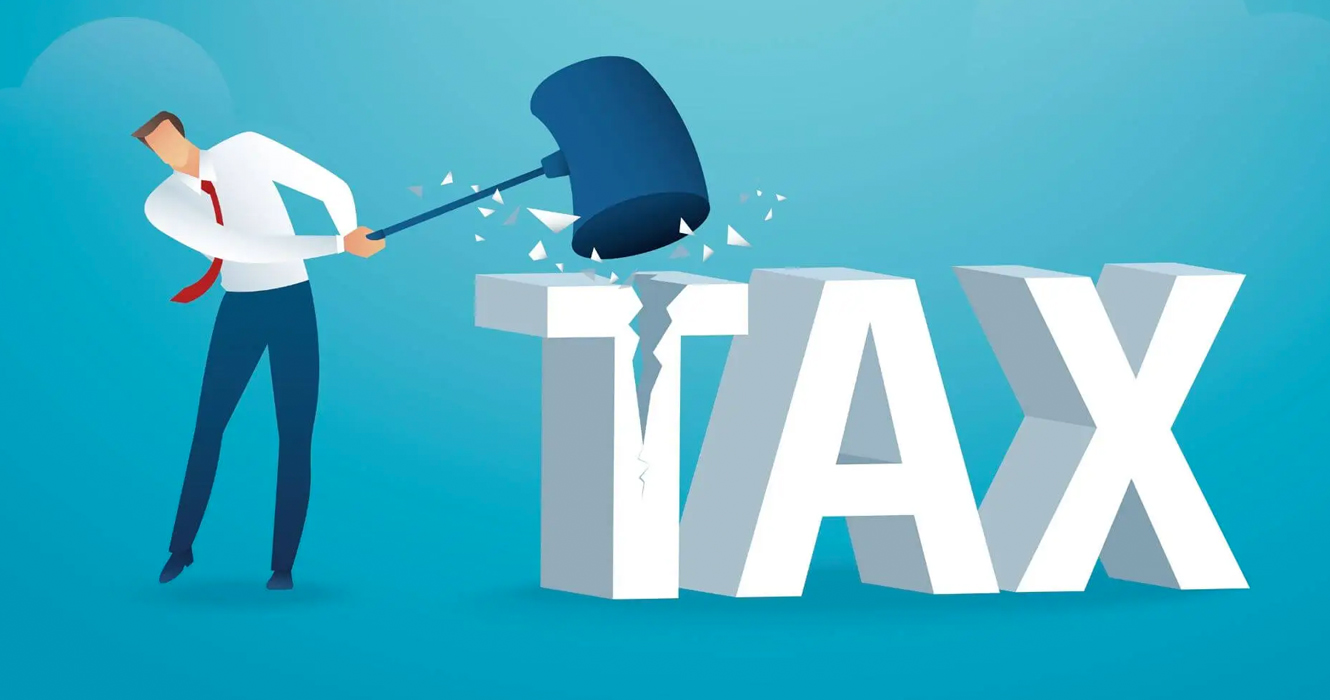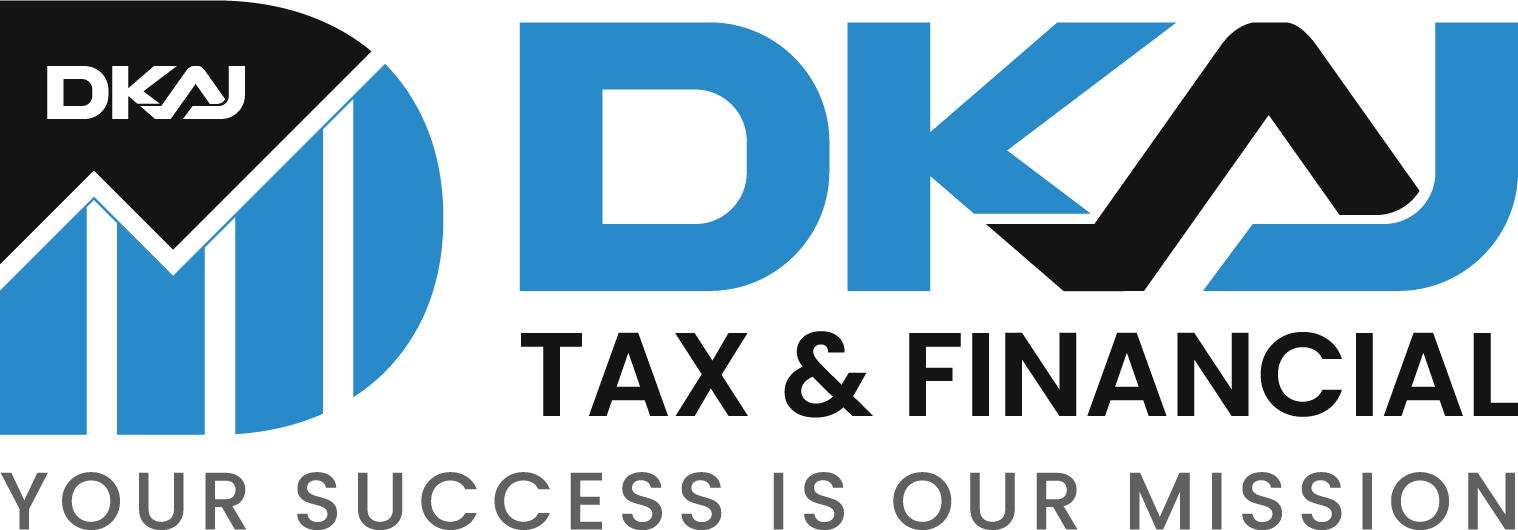Understand Tax Planning and Year-End Strategies
 Saturday, December 11, 2021
Saturday, December 11, 2021
What is Tax Planning?
Tax planning helps you to use tax exemptions, deductions, credits, and benefits permitted by tax law in the best way to reduce the amount of tax you owe. Simply tax planning means, analyzing someone's financial situation from a tax performance point of view.
What are the Objectives of Tax Planning?
Tax planning is a combination of different functions that allow you to come up with tax-free solutions. Tax planning helps you reduce tax pressure and a tax planner will help you make it as easy as possible for you. Other tax purposes are as follows.
Reduction of Tax Liability or Increasing Refunds
The government's main objective is to increase the taxes imposed on its tax residents. A professional tax planner will often come up with the rules, obligations and requirements of the Income Tax Act to ensure that you will pay as little tax as possible or get more refund.
Productivity
Tax planning can be used to ensure that revenue from taxable sources is transferred to revenue systems. The main goal is to use effective investment planning to come up with the most profitable tax-saving options. You can reduce your taxable income by adjusting your investment within the various benefits provided under the Income Tax Act.
Minimal Litigation
There is no one who does not want to face legal charges in his effort to reduce your tax burden. Tax planning is in place to ensure that safety measures are taken to avoid any subsequent lawsuits.
Mistakes you should avoid when it comes to Tax Planning
When it comes to tax planning the majority of taxpayers make some kind of mistake. Here are the common mistakes you should avoid when it comes to tax planning:
Procrastination
Procrastination is the most common reason for bad tax planning. A tax planner can keep track of your finances and ensure you do not give yourself unnecessary pressure.
Failure to Optimize Your Current Position
To get a significant reduction in tax debt, one has to make full use of nearby resources. The tax planner will analyze your financial situation. From there, they will work with you to put you in the best taxing situation possible.
Ideas and Strategies for Year-End Tax Planning
As we enter the final weeks of 2021, here are some tax ideas and strategies to reduce taxable income and ultimately save taxes for your business in Canada.
Keep Complete Records
Be careful to keep your record to avoid losing receipts which could mean missing out on tax deductions. Keeping electronic copies of scanned receipts can help you stay organized while traveling, but also file your own hard copies in case of research.
File Your Taxes on Time
Self-employed people have time until June 15 to submit taxes, but be aware: if you owe the Canadian Revenue Agency (CRA), you need to pay your taxes by April 30 to avoid late payments penalties. If you file after the June 15 deadline, according to the CRA website, you will pay a 5% late fine and 1% interest every month thereafter.
Separate personal expenses
Make it mandatory for you to pay any business-related costs with a separate credit card or debit card. You will make your record-keeping easier and avoid the red flag with the Canadian Revenue Agency (CRA). If the cost falls below the gray area, such as the bathroom of your home office, be sure to consider how it relates to your business receipt.
Claim moving costs
In case you are moving at least 40 km to run your enterprise in Canada, then you can declare these expenses like transportation and storage charges, realtor commissions, and charges for connecting or disconnecting utilities.
Invest in RRSPs and TFSAs
Tax-free saving accounts are a wise way to save for retirement and reduce your tax debt. The Registered Retirement Saving Plan (RRSP) will allow you to provide shelter for your tax savings; on the other hand, a Tax Free Savings Account (TFSA) will help you withdraw money free of charge.
- Check your RRSP deduction limit on your latest Notice Of Assessment (NOA).
- Tax Free Savings Accounts limit for Year 2022 is $6,000, the same as year 2021.
Write off losses
Loss of business may not be good news to hear, but it is helpful in terms of tax evasion in Canada. If you have ever had a customer who did not pay (i.e. bad credit), lost money or your business was targeted for theft, you can incur that loss as a legal tax deduction.
Deduct home office expenses
Business owners often miss out on things like utilities, internet costs, and stamps running a home business or using a home as an office. The CRA requires you to calculate the total area of your home allocated for business use. You can apply for rent, interest on loans, utilities, and other expenses for that section in Canada.
Tax Loss Harvesting
Tax-loss harvesting can be used by Canadians who invested with non-registered investments that are trading below their original cost. These investments can be sold, and the subsequent capital loss can be used to offset any capital gains incurred that tax year or capital losses back into the previous three tax years and/or carry them forward indefinitely.
Let us know if you have any questions about tax planning, strategies, and any other tax issues. We will be happy to help!
Contact us anytime for a FREE Tax Consultation session.
 Address:
Address:  Email:
Email: 
 Facebook
Facebook Twitter
Twitter footer.followus.insta
footer.followus.insta

